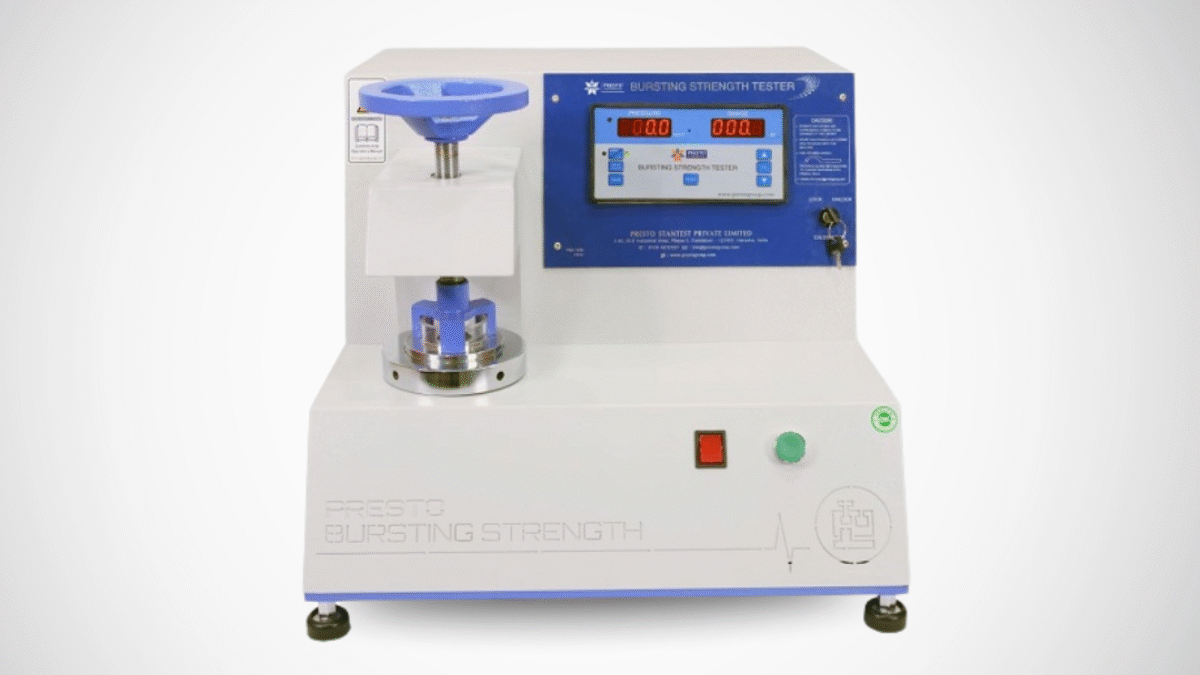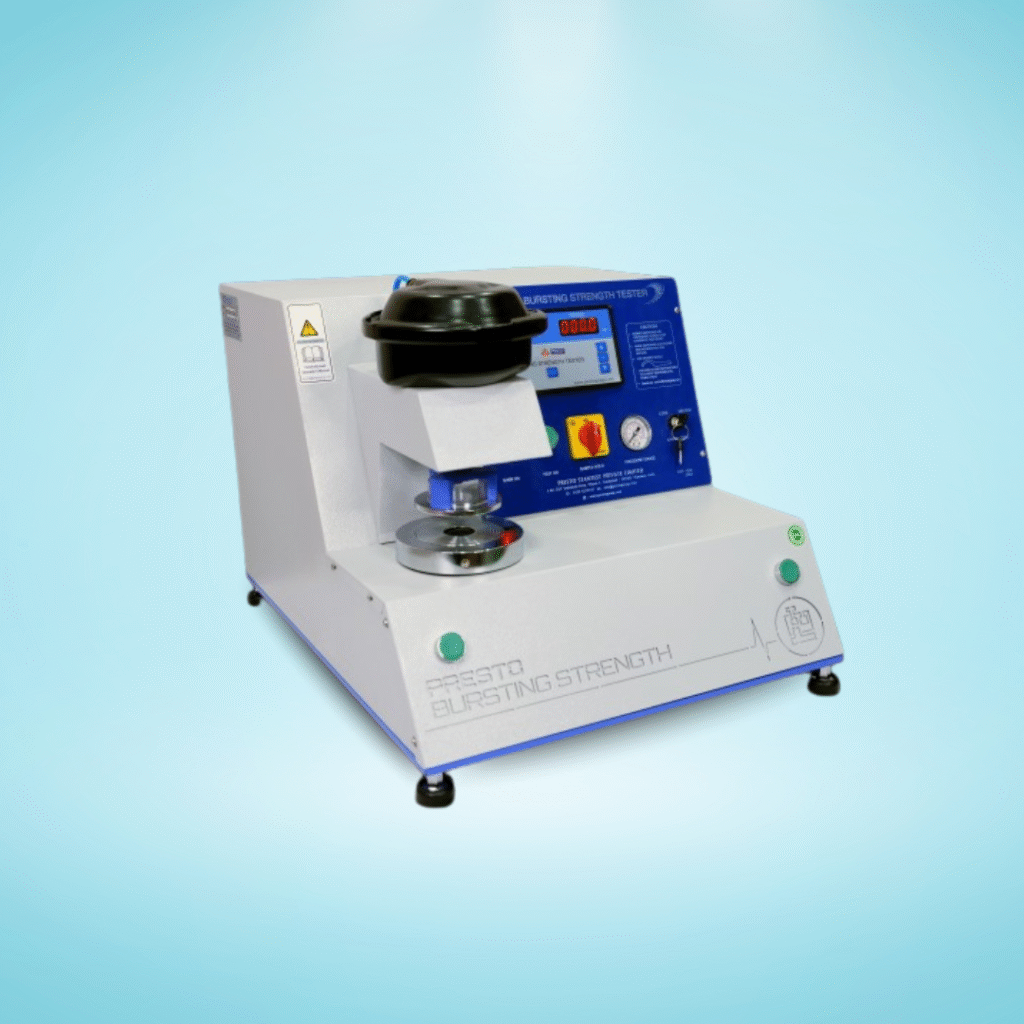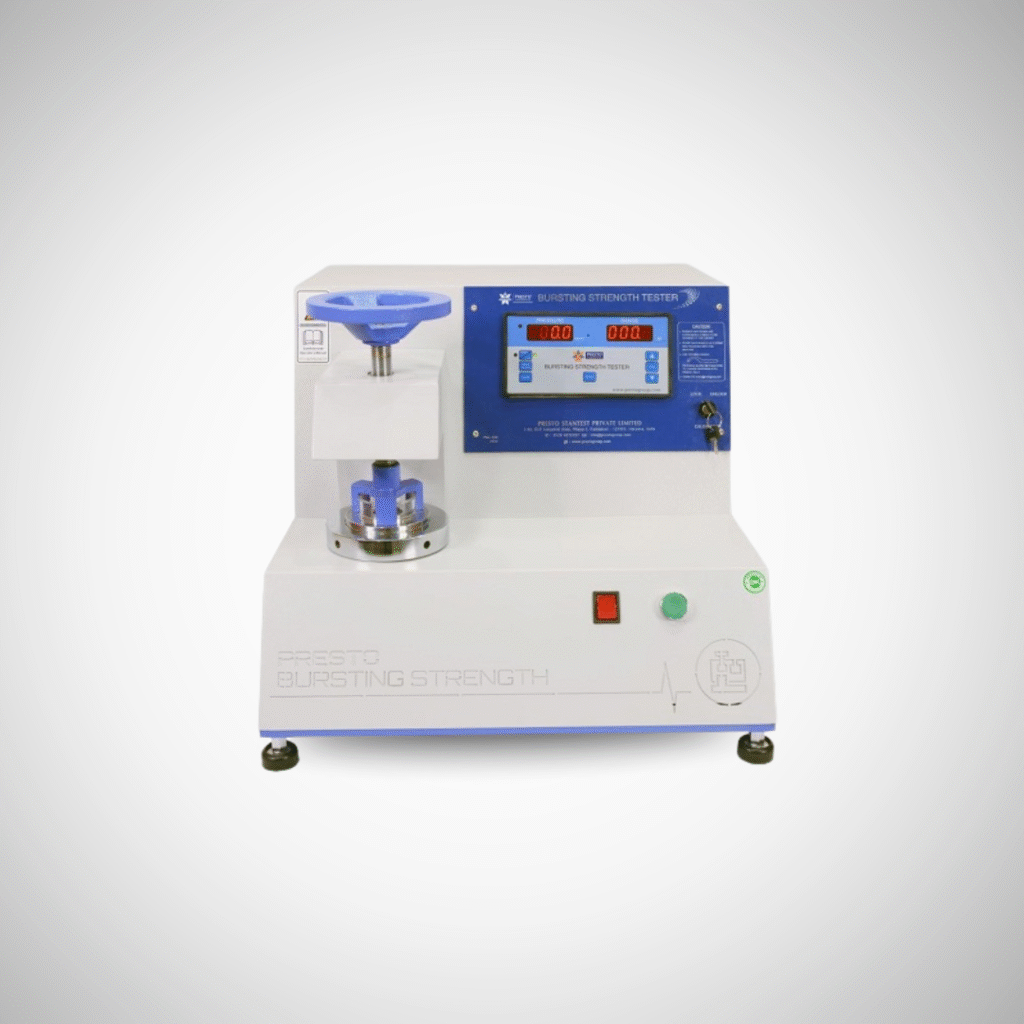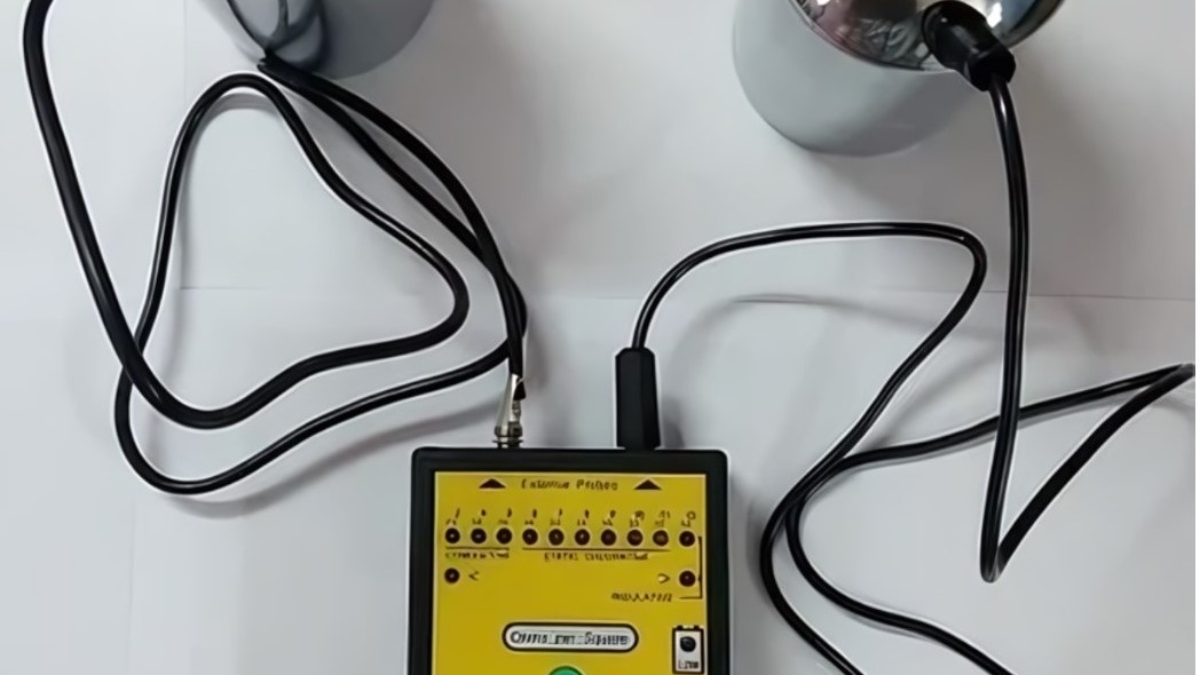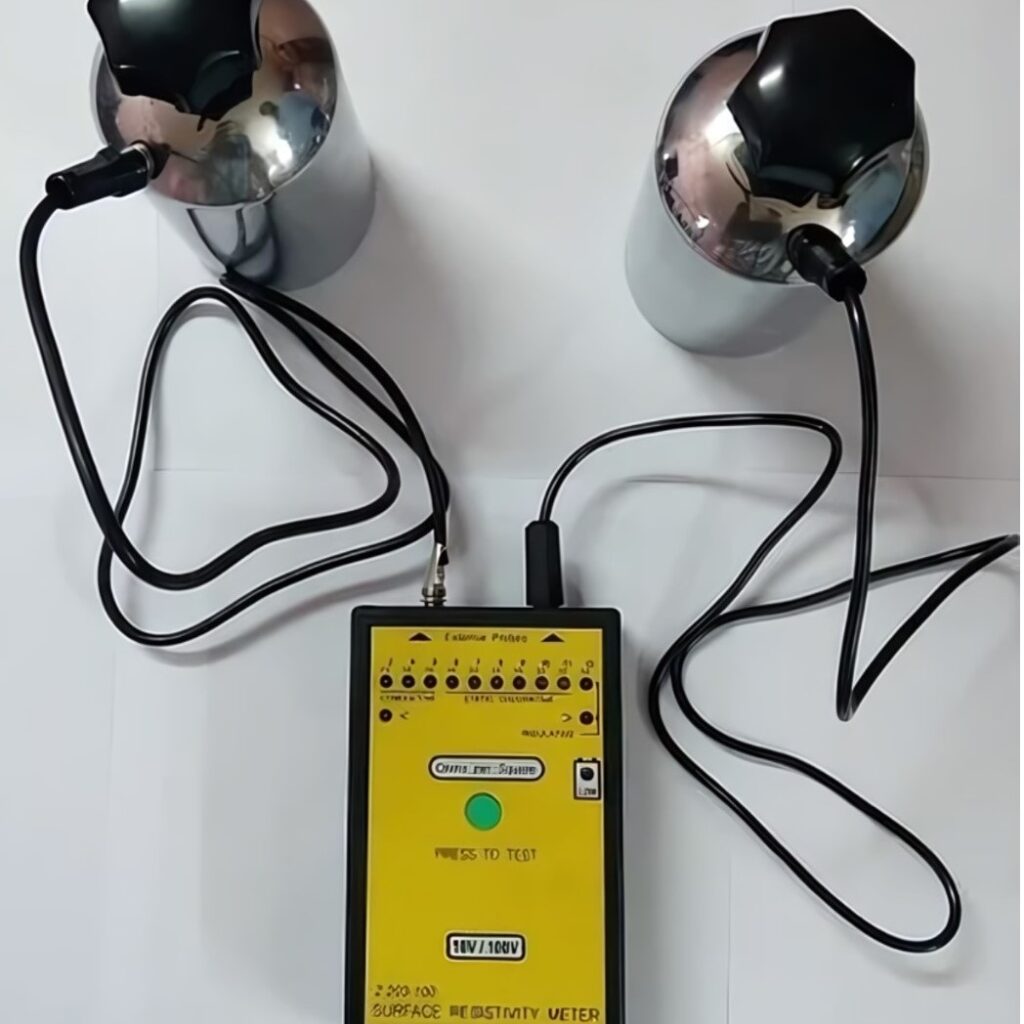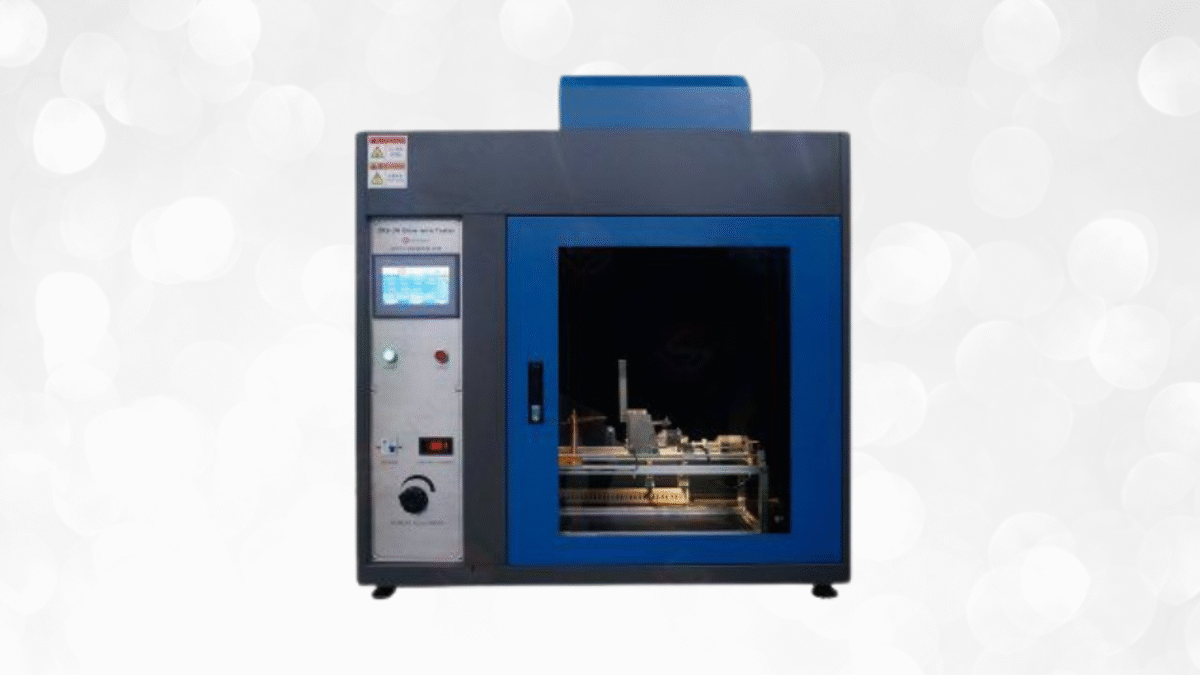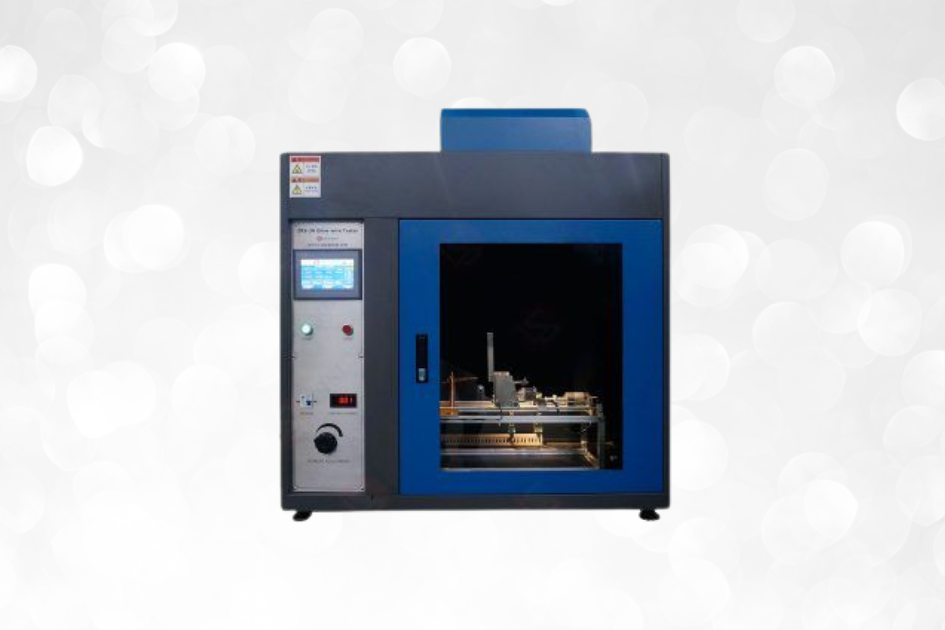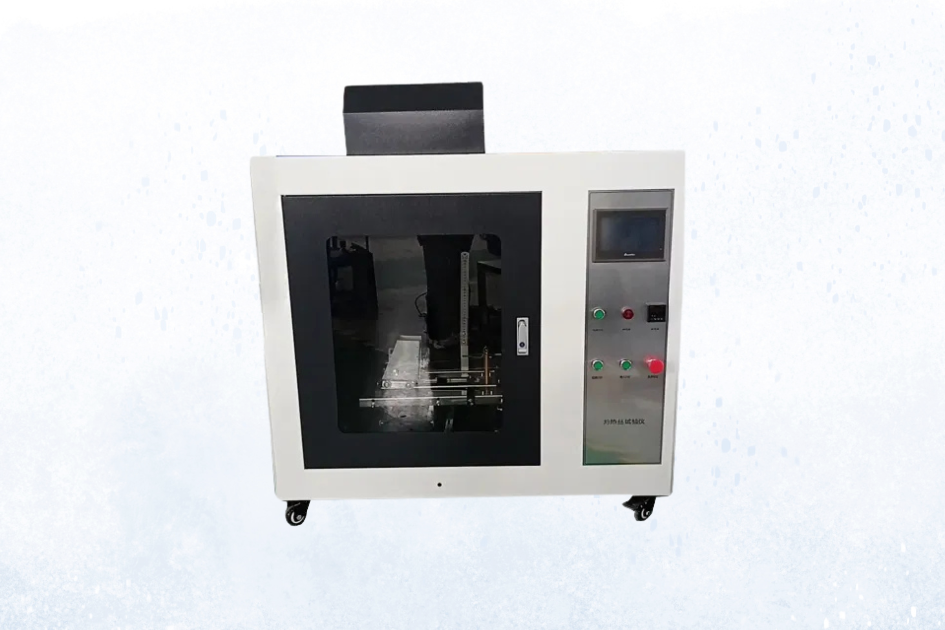Impact Resistance Test in Chennai
Building Stronger Futures: The Role of Impact Resistance Testing in Chennai’s Industries
Introduction
- In a city like Chennai, where industries thrive on innovation and performance, materials are the unsung heroes. Whether it's automotive parts navigating rugged roads or plastic enclosures shielding electronics from accidental drops, the ability to withstand sudden force is crucial. This is where Impact Resistance Testing becomes a game-changer.

The Science Behind the Strength
Impact resistance testing measures how well a material can endure a high-rate load without breaking or deforming. Using standardized tests like the Charpy and Izod, laboratories simulate real-world impacts to quantify toughness. These tests help determine the suitability of materials for high-stress applications and safety-critical components.
Chennai’s Need for Resilient Materials
With Chennai being a powerhouse for automotive, electronics, and manufacturing industries, demand for tested and trusted materials is at an all-time high. Manufacturers here rely on rigorous testing to:
Maintain global quality benchmarks
Reduce warranty claims and failure rates
Innovate with new lightweight or sustainable materials
Meet growing expectations for durability and safety
Why Partner with a Local Lab?
Choosing a local impact testing lab in Chennai offers significant advantages:
Faster turnaround for testing and reporting
On-site technical support and consultation
Compliance with international standards (ASTM, ISO)
Expert analysis tailored to industry-specific needs
Moreover, collaboration with a nearby lab can speed up the R&D cycle, helping businesses bring new products to market faster.
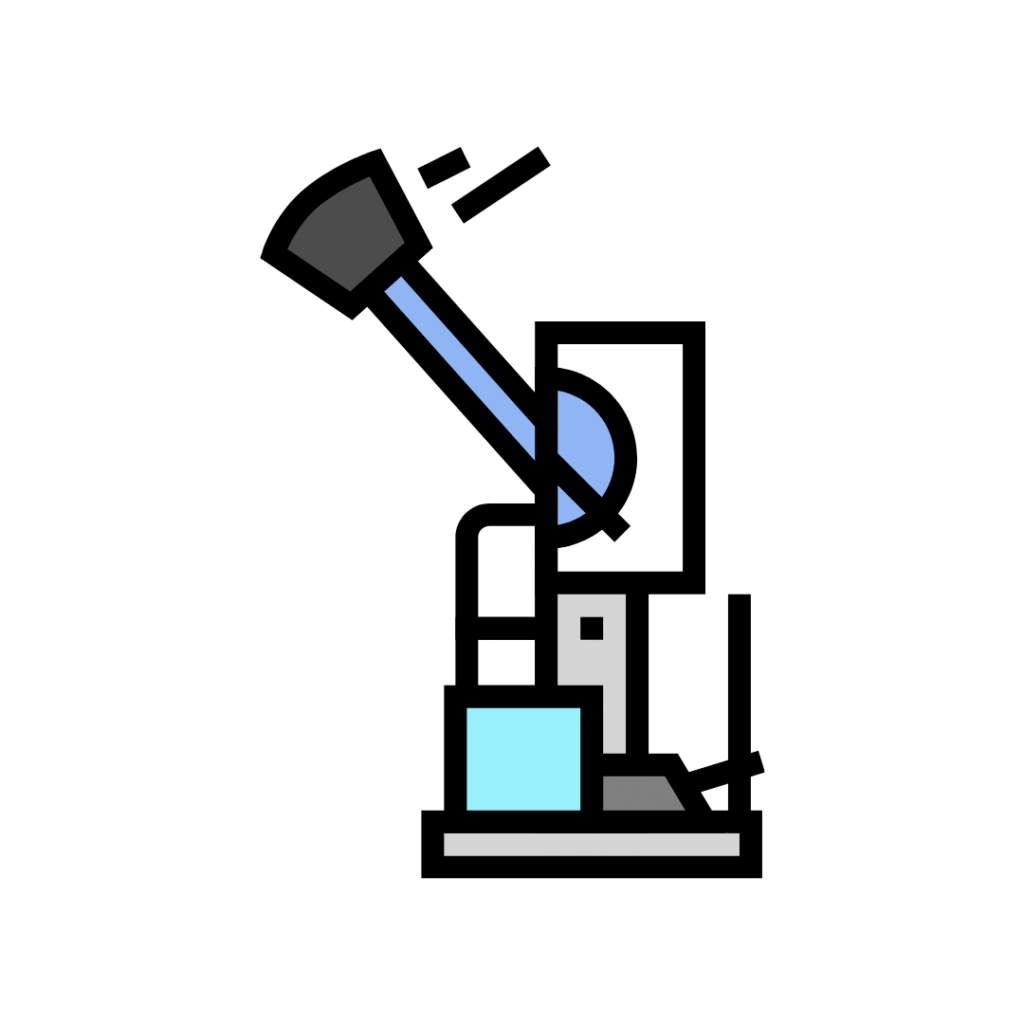
Elevating Product Trust
- For consumers, impact resistance isn’t just a technical specification—it’s peace of mind. When a product passes stringent impact tests, it reflects the brand’s commitment to quality, safety, and customer satisfaction. This testing helps manufacturers in Chennai stand out in competitive markets by reinforcing trust in their products.


